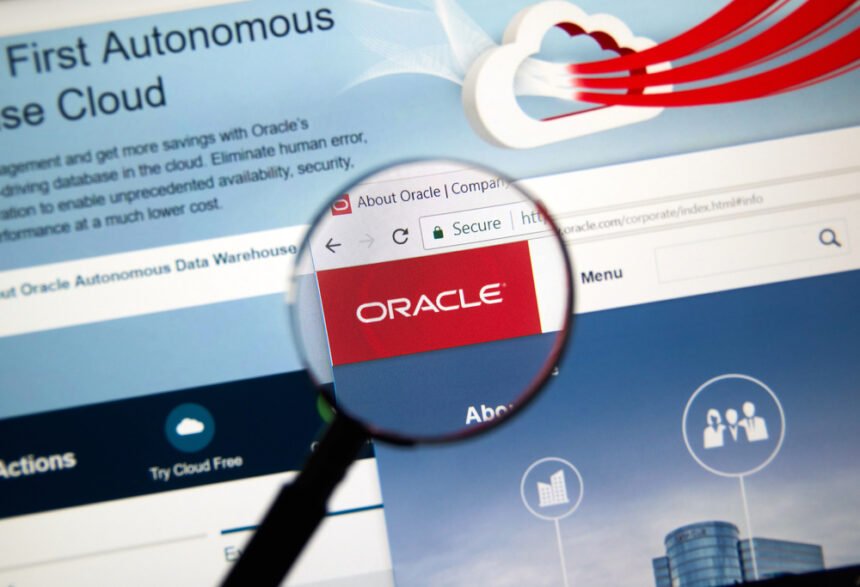There are a lot of important platforms and tools for data-driven organizations to take advantage. One of the best platforms for companies that care about the benefits of big data is Oracle.
If you are a company that is using Oracle to leverage your big data strategy, then you need to know how to get the most out of it. This entails making sure that your data properly backed up.
Backing Up Your Oracle Data is Essential
By this stage company, directors are aware of the need to backup data according to a comprehensive data protection policy. Too many issues and disasters can occur, be they user errors, hardware failure, cybersecurity incidents, or even natural disasters, that can sink a company due to failure to recover data in a timeous matter. For those making use of Oracle software solutions, a plethora of backup options exists that may cause option paralysis. This article will look at why you may want to invest in a third-party tool and how to create backups that won’t let you down.
The Why
As there are several great reasons to use any of Oracle’s packages, the same can be said for choosing a third-party backup tool. Vendors who produce software packages look to cover as much ground as possible when developing software, while data resiliency is high up on their list it is not the primary concern. For companies that specialize in backup solutions, data resiliency and speed of recovery are primary concerns. This focus leads to, in many cases, easier-to-use applications that can suit any backup policy. Further, these will have many options that provide heightened levels of customization to better suit the specific needs of the enterprise.
Another reason why choosing a third-party tool is not a bad idea comes done to securing your data independently of the vendor. If the vendor suffers a service outage it may be hard or even impossible for you to access mission-critical data. If data is stored independent of the vendor’s framework it can be accessed with ease. Further, the focus on ease-of-use allows IT teams to access and recover data faster, this results in less downtime and importantly fewer costs associated with prolonged downtime.
The How
It is most certainly worth mentioning that Oracle has provided solutions for users to backup data. The options mainly consist of Recovery Manager (RMAN) and user-managed backup features. These features will certainly help secure data and enable recovery if a disaster were to happen. These features are certainly welcome when one sees Oracle’s drive towards cloud computing that is responsible for significant customer growth.
RMAN is a solution that has been fully integrated with Oracle Database. The feature can be accessed either via the command line or even easier through the Oracle Enterprise Manager. User-managed backups are done by using a combination of SQL commands and operating system commands. For the small business owner, the previous sentence may sound more than a little intimidating. Due to the increased technical knowledge required for user-managed backups, it is little wonder RMAN is their more popular choice.
Looking at third-party tools, how they operate is just as varied as the number of tools available out there, and a textbook could be filled with how they backup data. For an efficient oracle backup policy, it is important to look for one that allows integration with RMAN. This will allow the user to get the most out of both the third-party tool and the vendor’s features.
While Oracle does enable users to backup their data, choosing a third-party tool further supplements the enterprise’s unique requirements. To create a robust data protection policy, third-party tools can prevent a disaster from sinking the business.

